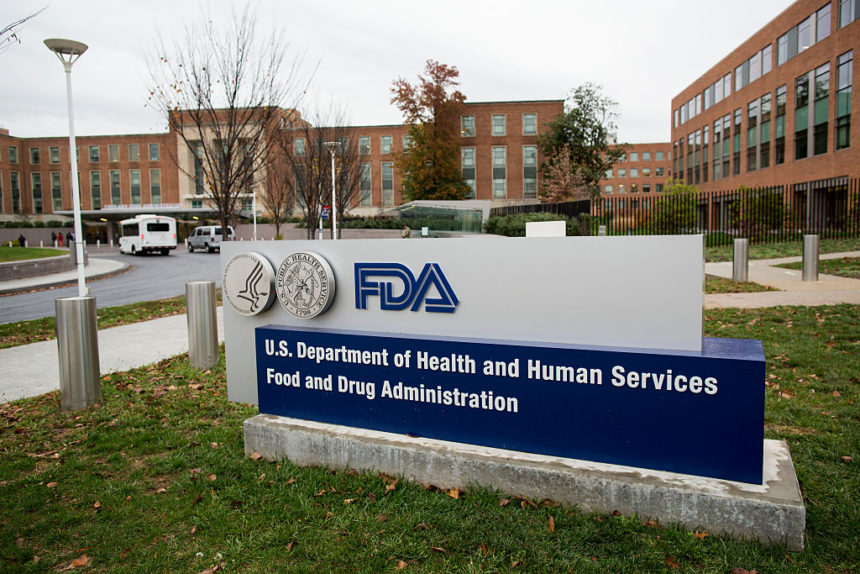Amid the ongoing shortage of popular diabetes drugs Ozempic and Wegovy, some compounding pharmacies are crafting unauthorized versions of semaglutide, the Food and Drug Administration warned this week.
Compounding pharmacies are allowed to create versions of a drug when it’s in short supply — or when a commercially available drug doesn’t meet a patient’s needs — but they must do so with approved ingredients.
The FDA has warned that some pharmacies are developing Ozempic and Wegovy with versions of semaglutide that are not approved, which may be ineffective at best or unsafe at worst.
The agency also reported adverse events occurring after patients have used compounded semaglutide — usually in salt forms, like semaglutide sodium or semaglutide acetate.
“The salt forms are different active ingredients than are used in the approved drugs, which contain the base form of semaglutide,” the FDA said in a notice. “Patients should not use a compounded drug if an approved drug is available to treat a patient. Patients and health care professionals should understand that the agency does not review compounded versions of these drugs for safety, effectiveness or quality.”
In particular, the FDA warned patients of ordering medication online from unlicensed or unregulated stores.
The agency’s warning comes as Novo Nordisk, the Danish manufacturer of Ozempic and Wegovy, has been scrambling to meet the high demand for the drugs.
Over the course of many months, social media influencers and celebrities have been touting the drug for weight loss and many patients are using it off-label to help them shed weight. As a result, demand has well-surpassed supply and Ozempic as well as Wegovy are currently on the FDA’s Drug Shortages list.
The FDA’s warning is the first federal guidance on the issue of compounding semaglutide but is not the first advisory released to aid patients.
The North Carolina Board of Pharmacy also released a statement calling out the compounding semaglutide problem back in April.
In it, the board noted that the compounding of a commercially-available product is allowable only in certain narrow circumstances — such as when the drug is made with only the base form of semaglutide, not the salt forms. In all other cases, a compounding semaglutide product “may lead to enforcement action” by the FDA or the North Carolina Board of Pharmacy.
Pharmacies should also be aware, it warned, of manufacturers like Novo Nordisk taking their own legal proceedings against them if they illegally compound semaglutide.
Novo Nordisk has commented that it will be “taking action against these entities,” according to NBC News.
“We will not tolerate the unauthorized and inappropriate usage of our brand trademarks by third parties,” Allison Schneider, a spokesperson for Novo Nordisk, told the outlet.







